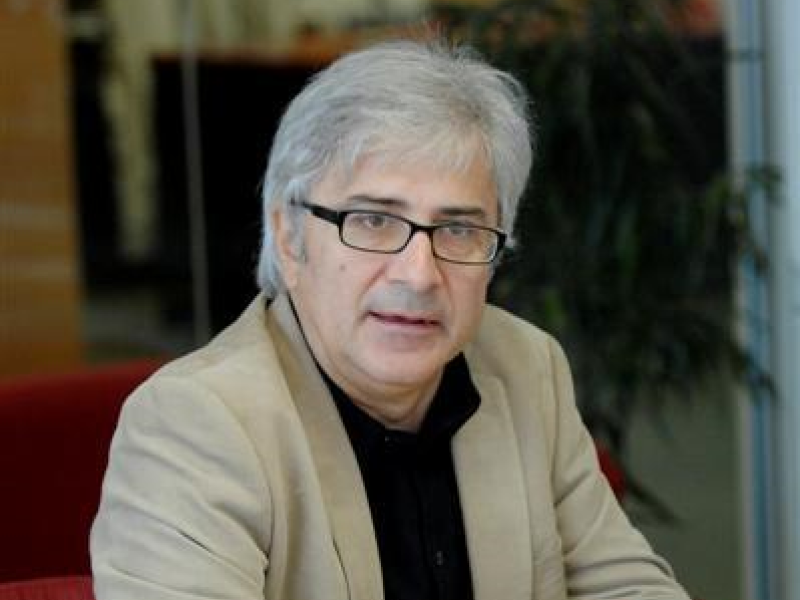The origins of community mental health and recovery as a core component of mental health care were the topics of discussion at Mind Australia and the World Association for Psychosocial Rehabilitation Australia’s (WAPR) recent online event with Dr Roberto Mezzina.
Dr Mezzina led the development of Trieste Mental Health services – a network of community centred services with the aim of achieving mental health recovery and social inclusion. He paved the way for the closure of all psychiatric facilities in Italy, and his approach has had enormous international influence, promoting person-centred support, empowerment, human rights and community-based mental health supports.
Joining the webinar from Italy Dr Mezzina told webinar participants that the Trieste approach was “conceived as a program of restitution and reconstruction of full rights [political, civil and social] and citizenship for individuals disabled by mental illness, and the material construction of these rights”.
“Human rights are important for psychosocial rehabilitation because they recognise the subjectivity of a whole person, who is entitled with rights, as well as the concept of dignity and choice, freedom, and legal capacity.”
Dr Mezzina discussed the challenges of achieving a person-centred system like the Trieste approach.
“Deinstitutionalisation is more complex than closing hospitals; it’s about developing whole services that are alternative, and converting resources [money and staff] to address the personal needs and care of people with severe mental health,” he explained.
Dr Mezzina discussed families and carers, and the social dimension of recovery in the context of the Trieste approach, the introduction of mental health supported community housing, as well as the first social cooperative developed in Trieste in 1972.
In his concluding remarks Dr Mezzina reinforced the importance of focussing on human rights and connection to community in community-based psychosocial support models. He highlighted the need to counter the exclusion of people with mental health challenges in society and to focus on the social determinants of health.
“The right to citizenship is the right to have a life that’s worth living… We need political and social action, that must be combined with a clinical effort in mental health, and a change of institutional practice and thinking in mental health and social care toward the community-based model.”
Mind Executive Director Research, Advocacy & Policy Development, Nicola Ballenden, said Dr Mezzina pioneered community mental health support services here in Australia but also around the world.
“The Trieste approach has been a guiding light in mental health reform for decades. A lot of our thinking at Mind about who we are and what we do can be traced back to Dr Mezzina and the Trieste approach, so we are incredibly grateful to hear from him and learn from his considerable experience,” Ms Ballenden said.
Psychosocial supports – like the kind provided by Mind Australia – help people with mental health challenges manage daily activities, rebuild and maintain connections, engage with education and employment, and participate fully in the community. These are supports which help people take positive steps in their recovery journey.
